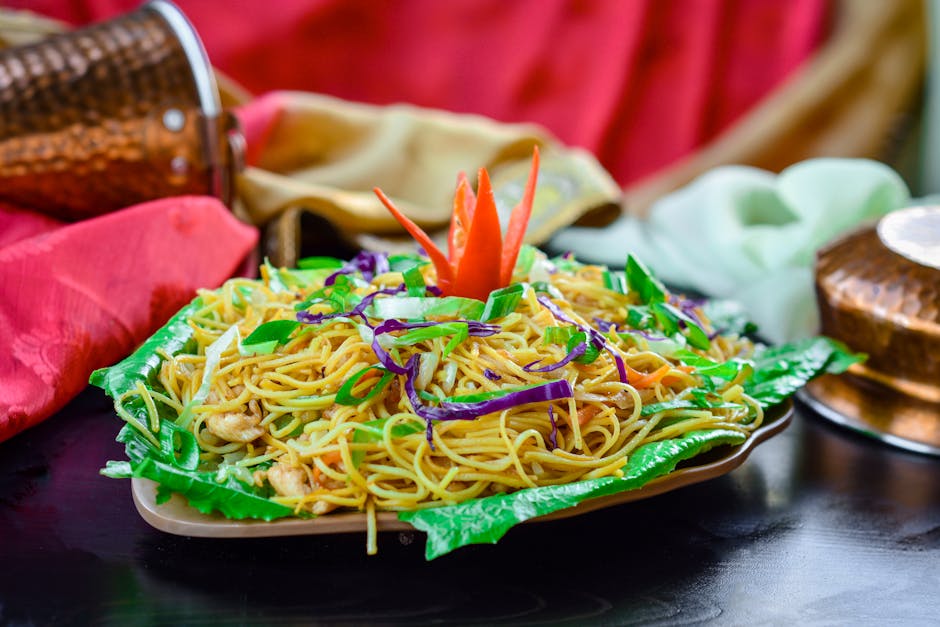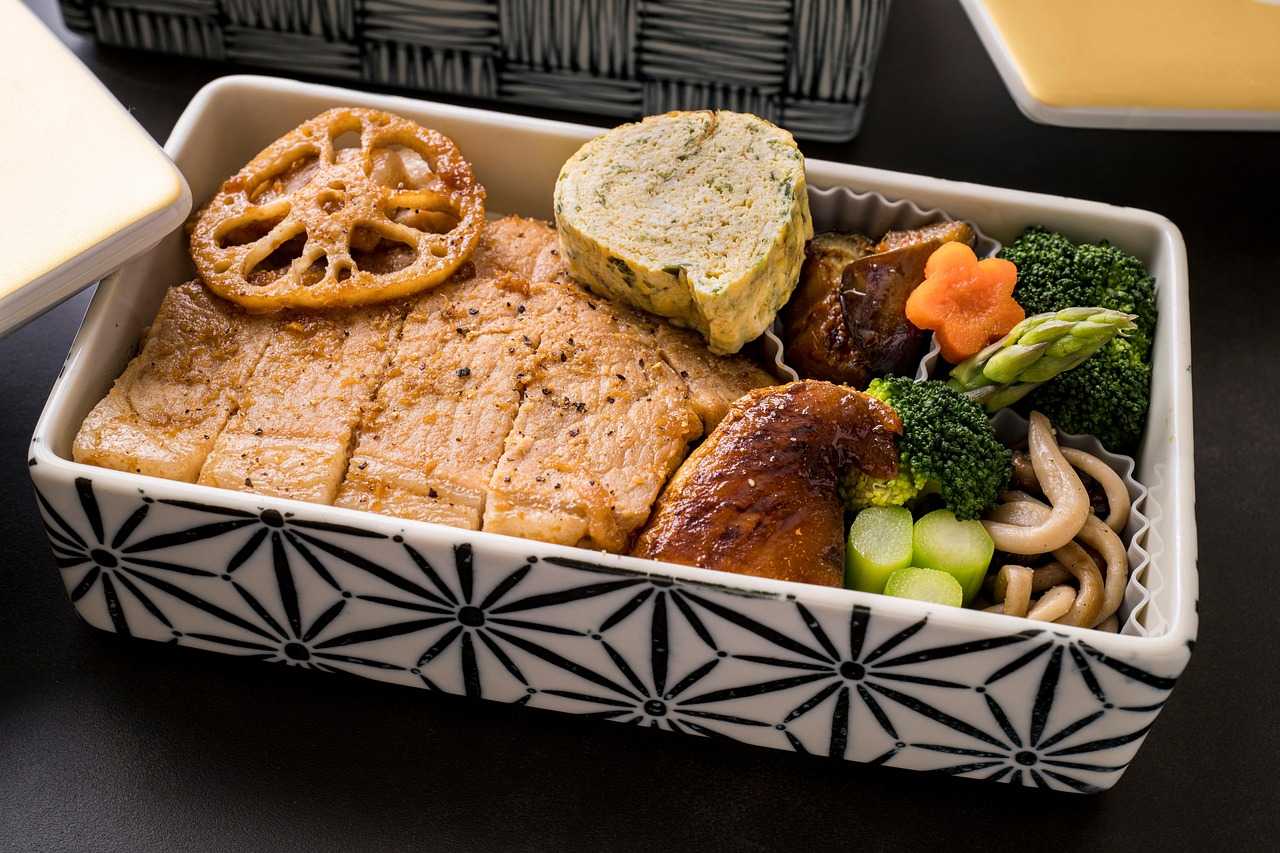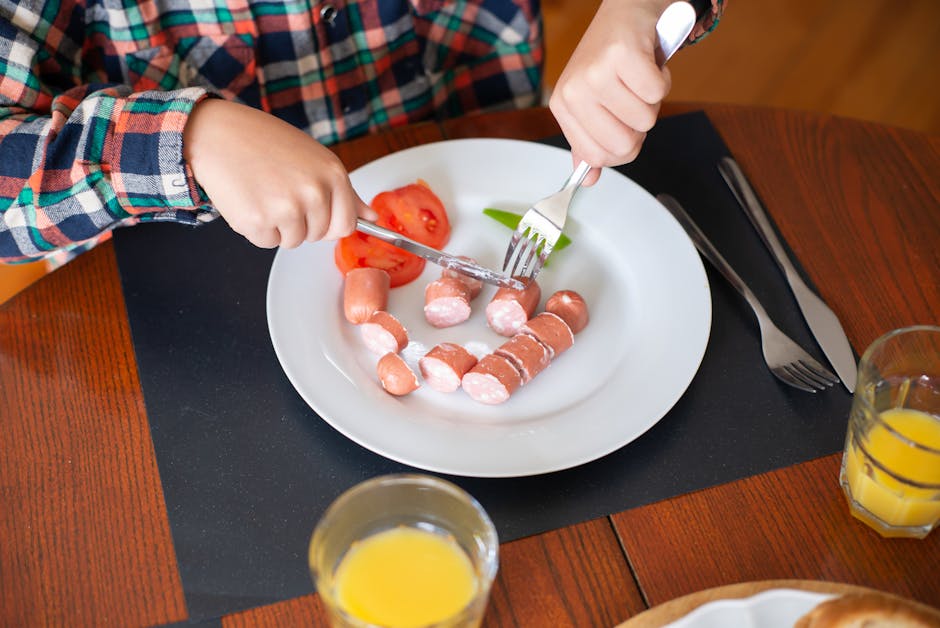There’s something quietly powerful about the act of chopping vegetables, simmering sauces, or plating a meal just right. If you’re wondering why cooking feels so good, you’re not alone—it turns out there’s solid science and deeper psychology behind it. As this deep-dive on why cooking makes you happy fhthopefood outlines, cooking taps into creative, emotional, and sensory experiences that uplift us on multiple levels.
Cooking Is Creative Expression
At its core, cooking is art through flavor. Like painting or music, it allows for experimentation, personalization, and surprise. A home cook might not get a gallery opening, but plating a pasta you made from scratch? That’s an instant mood booster.
Creativity plays a major role in happiness because it gives us control and ownership. You choose the ingredients, mix the flavors, adjust the timing. You’re not just following instructions—you’re making something yours. That process of creating stimulates the brain’s reward system, releasing dopamine, which is associated with feelings of pleasure and satisfaction.
Cooking also involves solving small puzzles: “How can I use this leftover rice creatively?”, “What spices balance this sauce?”, or “How do I time everything so it’s hot at once?” Whether you realize it or not, your brain loves engaging with these kinds of challenges in manageable doses.
The Science of Flow
You’ve likely heard of “flow”—that state where you’re so focused, everything else falls away. Cooking is one of those activities that often slips into this zone. It demands just enough attention to occupy your mind, but not so much that it overwhelms.
When you’re in flow, you’re less anxious, more present, and generally happier. That’s a big part of why cooking makes you happy fhthopefood and explains why it can be a form of stress relief. Few things beat the calm that comes from stirring a pot slowly, listening to it simmer, or kneading dough with your hands.
Feeding Others Feeds You Too
Cooking is a way to care—for yourself and for others. Preparing a meal for someone else is one of the clearest expressions of love or friendship. It’s direct, simple, generous. Giving makes us happy, and cooking is a natural form of giving.
There’s also a deeper sense of validation that comes when someone enjoys what you’ve made. That kind of positive feedback—verbal or just a quiet cleared plate—confirms your effort mattered. It’s among the most emotionally satisfying social transactions.
Science backs this too: studies have found that people who cook for friends or family regularly report higher levels of happiness. It fosters connection, routine, and shared experience—all crucial for mental well-being.
A Built-In Mindfulness Practice
Mindfulness is often associated with meditation or yoga, but cooking serves the same function—maybe even better for folks who aren’t into sitting still. You have to pay attention so things don’t burn, stay clean, taste as you go. Knife work, heat management, seasoning—these all require a level of presence that naturally quiets wandering or anxious thoughts.
Importantly, cooking appeals to the senses all at once: sight, touch, smell, taste, and sound. That total body engagement quiets the internal noise. It places you fully in the moment.
Practicing mindfulness through cooking has been associated with reduced symptoms of depression and anxiety. Which once again reinforces why cooking makes you happy fhthopefood isn’t just poetic—there’s neuroscience behind it.
Learning and Progress Fuel Confidence
Cooking is also a skill that grows. Master a technique, then move to a new recipe. Get better at timing, at using your pantry efficiently, at understanding why one dish works and another doesn’t. That progression builds confidence, not just in the kitchen but beyond it.
Psychologists refer to this as “self-efficacy”—the belief that you can solve problems, make plans, and follow through. When you learn to cook something from scratch, that message gets reinforced. You did this. You’re capable.
Cooking also sets clear, achievable goals. Unlike many aspects of life, the kitchen gives you relatively fast and predictable results—often within an hour. That tight feedback loop gives you a quick sense of achievement, which is highly motivating.
Nourishing Is Empowering
Modern life makes it way too easy to be disconnected from how we eat. Cooking reverses that. When you prepare your meals, you not only choose healthier options, but you also feel more empowered over your body and your routine.
Research consistently shows people who cook at home eat better and feel better. There’s a sense of accomplishment that comes from feeding yourself real food, especially during tough times. That self-sufficiency is hugely impactful on mental health.
And it’s not about perfection. Even cooking a humble bowl of soup can deliver this sense of groundedness, especially if you made it with intention.
Final Thought: It’s Human
Underneath all the practical, sensory, and emotional perks, it helps to remember one thing: cooking is deeply, fundamentally human. We’re wired to prepare food, to share it, to use it as a ritual and a rhythm. That ritual connects us—to others, to tradition, and even to ourselves.
So next time you chop onions or scramble eggs, pause. You’re not just feeding your stomach. You’re working in a kind of quiet therapy—an everyday happiness practice that’s always waiting for you in your kitchen.
Want to dig deeper into the feel-good power of the stove? This curated piece on why cooking makes you happy fhthopefood is a great place to start.


 Joshua Poulsenation writes for FHTH Good Food, where he blends culinary curiosity with a modern approach to everyday cooking. His recipes showcase bold flavors, fresh ideas, and a passion for helping home cooks feel confident in the kitchen.
Joshua Poulsenation writes for FHTH Good Food, where he blends culinary curiosity with a modern approach to everyday cooking. His recipes showcase bold flavors, fresh ideas, and a passion for helping home cooks feel confident in the kitchen. 

